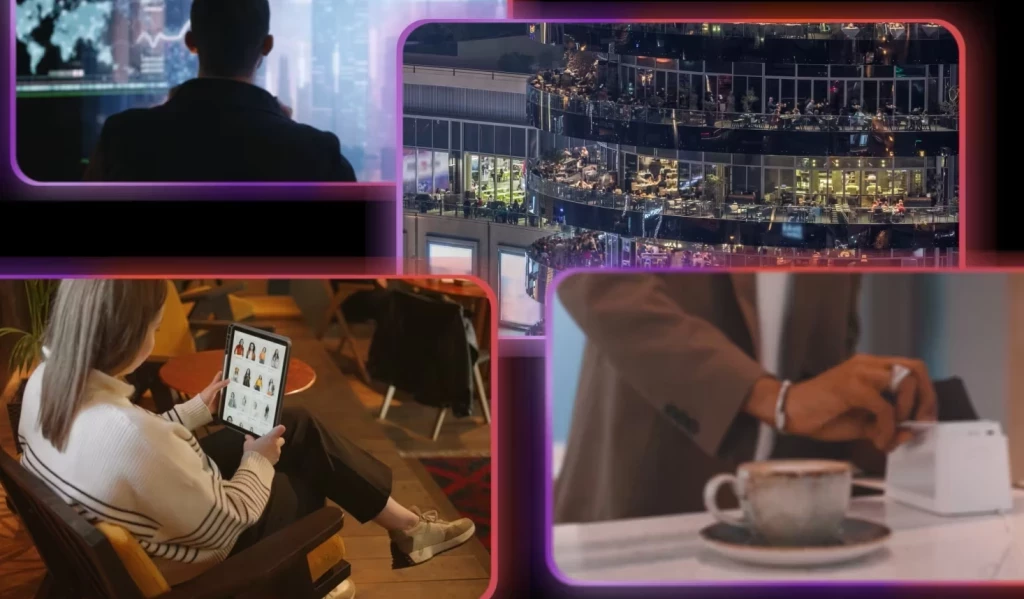Experiential Propositions as a Differentiator for the Customer Experience
Add bookmarkThe Head of Customer Experience for Telefonica UK discusses the case for an experiential proposition as part of a wider customer experience strategy, highlighting the difference made with the O2 Gurus.
We live in a complex world. No other generation had as much choice as we do today. In our everyday life we are faced with hundreds of products to choose from, hundreds of decisions to be made. Today’s world can feel overwhelming.
Every time I go to the supermarket I’m overwhelmed by the sheer variety of products on display. Take juice for instance. Something as simple as fruit juice has become a maze of choice. I can choose from concentrate to pure fruit. From hot pressed to cold pressed. From thicker smoothies to simpler juices. With bits? No chunks. Maybe pasteurised? Just one flavour. Or two? Or multiple fruits…
In an attempt to improve the customer experience and empower the customer, companies made our world very complex. We now have too much choice and too much choice can lead to paralysis. This is especially true when those choices involve a higher financial or emotional commitment – this is when the fear of missing out or making the wrong choice kicks in.
The Foundation for an Experiential Proposition
Choosing juice is not the hardest task in the world, as it is a product that people understand relatively well. However, making decisions about things we don’t know much about is very different and that is exactly what happens with technology.
Have you tried choosing between a Fitbit or a Jawbone fitness band? And do you wonder if you need a smartphone? Or a tablet? If so, which one should you go for? These are difficult decisions. They involve significant financial and emotional commitment and there can be a knowledge gap that makes this choice challenging for some customers. The insight is very clear: those customers need help.
However, customers don’t necessarily rely on big corporations for help. They often rely on their friends. Many of us will have a tech savvy friend that we can reach out to with our technology questions. They’ll give us an educated suggestion, but most importantly, they’ll give us an honest and genuine recommendation. This honest personalised behaviour is the foundation for any experiential proposition.
SEE ALSO: How Insurance Companies Can Make Customer Experience Their Competitive Differentiator
Case Study: the O2 Gurus
At O2, we want to make sure that we help our customers navigate this complexity while providing a great experience. The O2 Gurus – a team of experts offering free, impartial tech advice are exactly that. They’re a purely experiential proposition and their role is to make our customers happy and just help them, whatever their query is. They are assessed on the quality of the experience they deliver. It is no surprise our customers love them. They’re honest, they have a personality and they’re never shy to give their opinion.
The outcome has been outstanding. Customers who have conversations with our Gurus are much more satisfied with O2 and they stay with us much longer. On average customers who are aware of Gurus have a level of trust in us that is 11 per cent higher than customers who are unaware of them.
In less than 4 years the O2 Gurus proposition has grown from an idea to an integral part of O2’s differentiation in the market. And today there are several hundred Gurus across all of our channels helping our customers understand and navigate the complex world of technology.
The Key to Success
However, deploying experiential proposition in an increasingly financially focused world can be challenging. Creating a sound business case or getting broad buy-in from key stakeholders across the company for such an intangible proposition can be a struggle.
I believe the key to success is as simple as following the basic principles of customer experience.
Firstly, trial, trial and trial some more. Experiential propositions are not capital intensive so it’s fairly easy to do small trials and prove the concept, and bear in mind that it’s always easier to scale up a concept than pitching for a new intangible idea.
Secondly, think of the rest of the organisation as if they were your customers. What is it that they want and need? Whether it is brand differentiation or a better retail experience, be ready to customise your story to your different internal audiences.
Creating Emotional Relationships
The world is a complex place. Customers are overwhelmed with choice and there is too much noise. Everyone wants to sell something. Everyone wants to have share of mind. But it is our job to make it easier for our customers, to help them and transform the complexity into simple possibilities tailored to them.
I believe that’s the role of purely experiential propositions. It’s about creating more emotional relationships in this digital era. In short, it’s all about making our customers feel great.






















